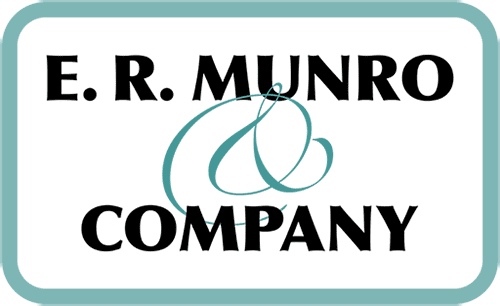If you’re like most people, your home is probably your most prized and valuable possession. That’s why it’s important to make sure you are properly and adequately insured so that, in the event that your home is destroyed or damaged, your homeowners policy will cover 100 percent of the cost to either replace it or repair it.
When purchasing homeowners insurance, you can have your home and its contents insured by one of two methods: replacement cost or actual cash value.
Replacement cost refers to the amount it would cost to replace or rebuild your home or repair damages, using materials of a similar kind and quality, without deducting for depreciation. If you are adequately insured, and have replacement cost coverage, your home will be replaced or repaired to its prior status. For example, if your 10-year-old roof is destroyed and would cost $30,000 to repair, even though the roof has lost half of its useful life, the insurer will cover the entire cost to repair the roof, if you have replacement cost coverage.
If you file a claim and the basis of coverage is actual cash value, this is the amount of money the insurer would pay you after having subtracted depreciation. For example, if your 10-year-old roof is destroyed and would cost $30,000 to repair and your roof had a useful life of 20 years, the actual cash value is your basis of coverage. The insurer would only be required to pay you $15,000, representing the actual cash value of the roof, which would not be enough to repair or replace the roof.
Many insurance companies require you to insure your home for at least 80 percent of its replacement cost. If your home is insured for less than 80 percent replacement cost, the insurance company may assess a penalty and only pay for part of a loss. This is referred to as a co-insurance penalty. Insuring your home for the appropriate percentage of its replacement cost is extremely important.
Making improvements to your home, such as finishing a basement, upgrading a bathroom or kitchen or adding a new room, patio or deck, can increase the replacement cost of your home. Increases in the cost of building materials, labor rates, energy costs and inflation can add significantly to replacement costs.
You will always be better off insuring your home for 100 percent of its replacement value.
If you are’t sure what’s in your homeowners policy, contact your agent and request a coverage analysis as soon as possible.
For more information on replacement versus actual cash value on your homeowners policy, contact E. R. Munro and Company at 877-376-8676.

